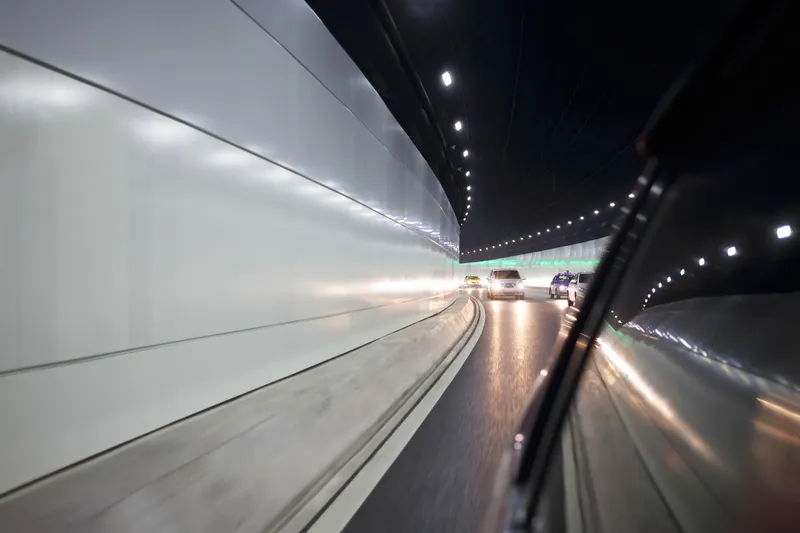UK manufacturer of radar based automatic incident detection (AID) solutions, Navtech Radar, has signed a new four-year framework contract with Sweden’s national transport administration, Trafikverket. The contract is for an initial two years with the possibility to extend for another two years one year at a time.
The contract will see the company supplying their ClearWay solution for all-lane-running applications on a number of strategic roads throughout the country. The first stretch of road which will
February 11, 2014
Read time: 2 mins
UK manufacturer of radar based automatic incident detection (AID) solutions, 819 NavTech Radar, has signed a new four-year framework contract with Sweden’s national transport administration, 6301 Trafikverket. The contract is for an initial two years with the possibility to extend for another two years one year at a time.
The contract will see the company supplying their ClearWay solution for all-lane-running applications on a number of strategic roads throughout the country. The first stretch of road which will be equipped with the ClearWay AID solution under the new framework contract is on the northern part of the E4 motorway, running from Stockholm to Arlanda international airport.
Trafikverket project leader Kjell Sohlberg said: “Sweden has a lot of multilane roads which do not have a hard shoulder, so fast and accurate detection is a must. ClearWay gives us very low numbers of false alarms, as has been proven on trials, and also allows us an area-wide detection capability. Shorter range radar systems are becoming available but they would represent a false economy in this kind of application; we would be back to the situation with cameras of having to install more poles, more power and generally more infrastructure.”
Dr Stephen Clark, technical director of NavTech Radar explains, “The problem in the Nordic countries is that inclement weather – rain, fog and snow – is common. That precludes the use of video, or else makes it very expensive because of the high number of closely spaced cameras which would be necessary. There simply are not other technologies which would be effective for this kind of application.”
The contract will see the company supplying their ClearWay solution for all-lane-running applications on a number of strategic roads throughout the country. The first stretch of road which will be equipped with the ClearWay AID solution under the new framework contract is on the northern part of the E4 motorway, running from Stockholm to Arlanda international airport.
Trafikverket project leader Kjell Sohlberg said: “Sweden has a lot of multilane roads which do not have a hard shoulder, so fast and accurate detection is a must. ClearWay gives us very low numbers of false alarms, as has been proven on trials, and also allows us an area-wide detection capability. Shorter range radar systems are becoming available but they would represent a false economy in this kind of application; we would be back to the situation with cameras of having to install more poles, more power and generally more infrastructure.”
Dr Stephen Clark, technical director of NavTech Radar explains, “The problem in the Nordic countries is that inclement weather – rain, fog and snow – is common. That precludes the use of video, or else makes it very expensive because of the high number of closely spaced cameras which would be necessary. There simply are not other technologies which would be effective for this kind of application.”










